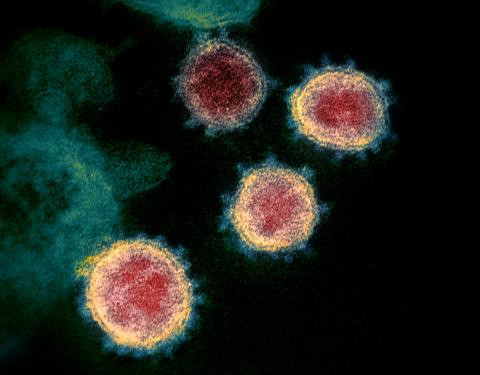A "heart radar" developed in Germany that can predict when terminally ill patients will die might prove helpful in COVID diagnoses.
The radar designed at the Institute of High Frequency Technology in Hamburg has highly sensitive sensors for medical monitoring. The technology provides analysis of both heartbeat and respiration.
Inventor Dr. Alexander Kölpin said the sensors could make medical examinations more convenient, efficient and safer. The technology is useful in monitoring those at risk from heart attack, stroke, epileptic seizures and even COVID-19.
"In conjunction with cardiovascular and respiratory activity we can also remotely measure temperature. This means that important parameters for assessing someone's state of health in connection with a possible coronavirus infection can be tested," he said.
"Our sensors emit electromagnetic waves that are reflected by the body," Kölpin, who published a clinical study about the technology along with other collaborators in 2018, said.
"It works something like this: the blood pumped out by the heart travels along the vessels in the form of a pulse wave, which manifests as a vibration on the surface of the body. We can measure this with the sensors and determine many medical aspects of the cardiovascular system from it."
Kölpin said the sensors were so precise they could accurately measure heart rate, cardiac stress and pulse wave velocity. Data is used to detect hardening of the arteries and the risks of stroke.
Alarms are sounded for irregular heartbeats allowing lifesaving measures to be initiated much earlier.
At present, the heart radar is being used at a palliative care ward at the Women's Hospital in Erlangen. The radar can determine when death will occur. It is also used to monitor premature and newborn infants.
"We are concentrating primarily on epileptic seizures. Undetected epilepsy is thought to be responsible for up to 20% of all sudden infant deaths. The problem is that these fits often go undiagnosed in infants because they don't yet have any motor seizures," Kölpin said.






